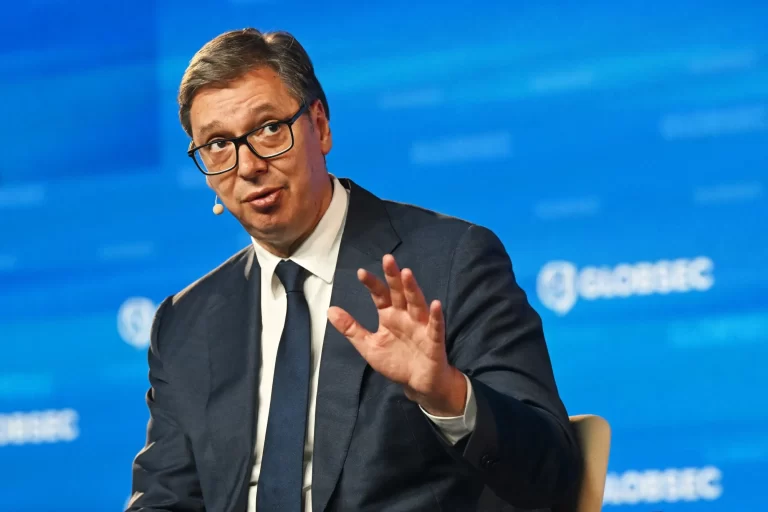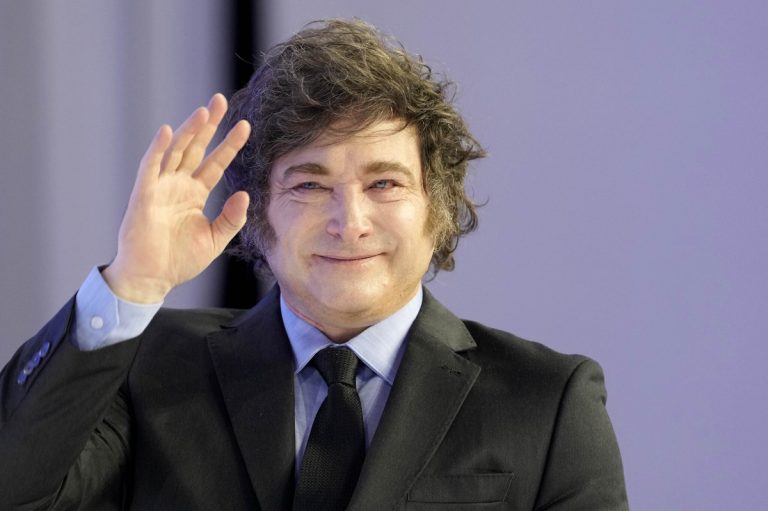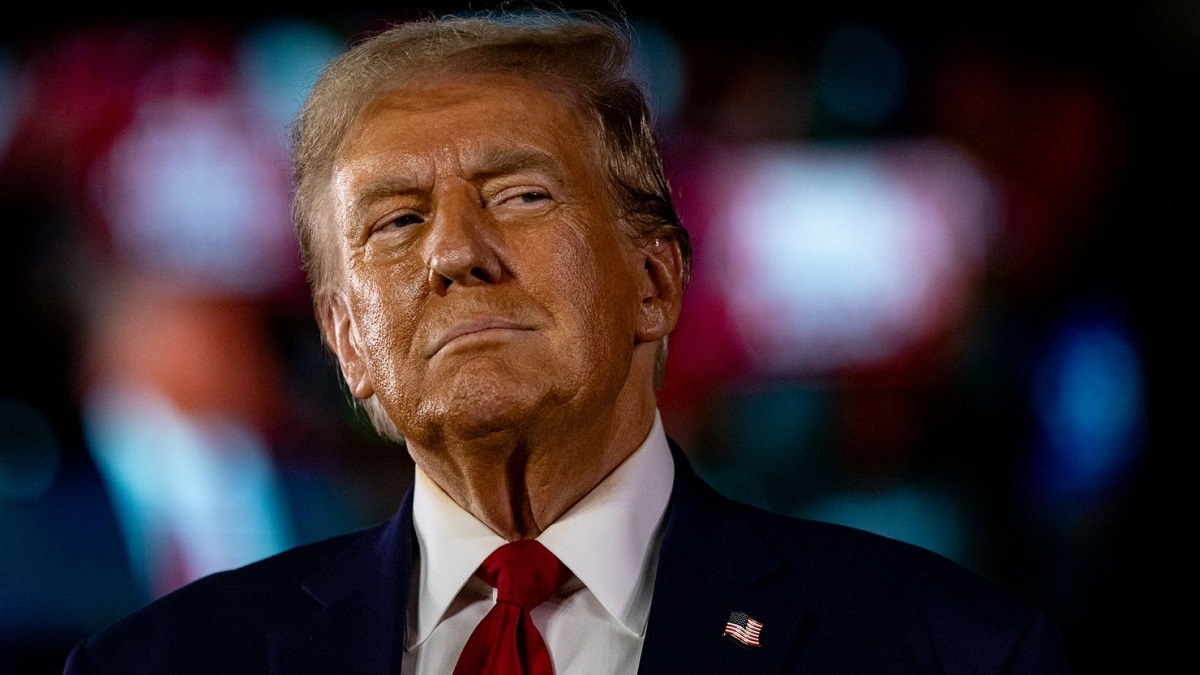
The Trump Era: Latin America in a State of Turmoil
Donald Trump’s eccentric, radical, and sudden statements combined with his first decisions as president have left no country unscathed on the continent. The echoes of his inauguration are still resonating across the region. His tough measures against migrants from the south, Cuba’s return to the list of state sponsors of terrorism after being removed just a week earlier, Richard Grenell’s visit to Venezuela and more – Trump has shaken up its neighbors.
The outgoing Biden administration surprisingly decided at the end of their term to do something good: President Joe Biden issued an executive order removing Cuba from the list of countries sponsoring terrorism. Biden justified this by saying that “Cuba had not provided any support for international terrorism over the past six months and gave guarantees it would not engage in acts of international terrorism in the future.” In response, Havana promised to release 553 prisoners who were convicted of various crimes.
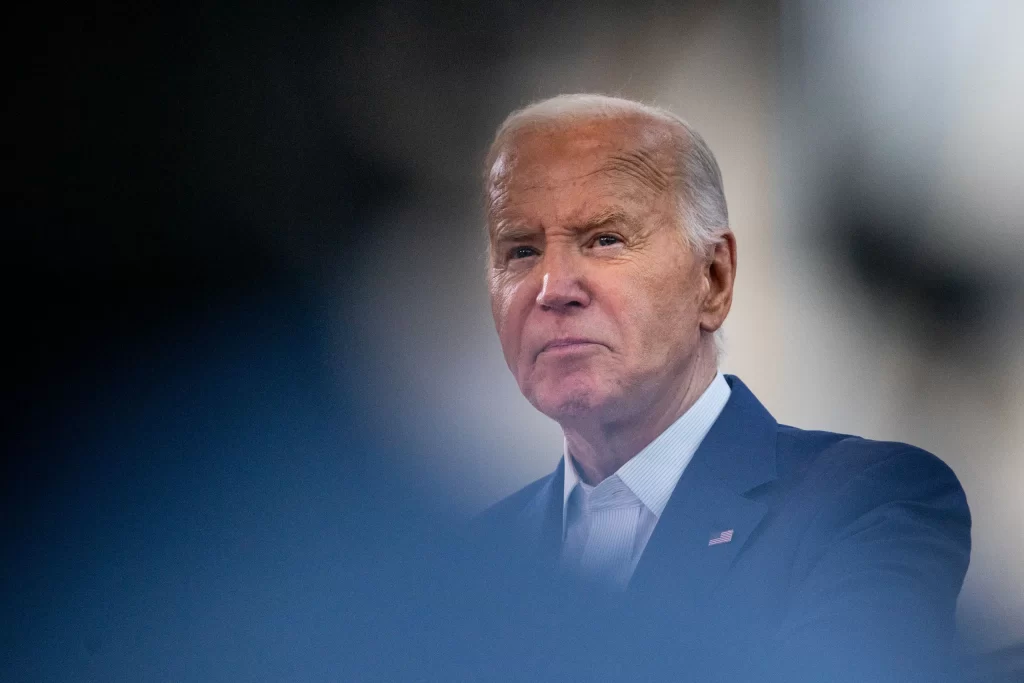
Cuba was first included on the list of countries sponsoring terrorism in 1982. After several diplomatic approaches during Barack Obama’s presidency, it was removed from this list in 2015. Then Donald Trump re-added it in January 2021, just days before Biden took office, and the situation remained until early 2025 when the outgoing administration decided to change things around again. As it turned out, only briefly.
A cruel irony is that Trump’s statements have caused a stir among Latin American countries. Panama was particularly nervous about his intentions after he made comments suggesting he wanted to take control of the Panama Canal – which remains in state ownership based on an agreement signed with Carter in 1999.
Trump has also managed to exacerbate relations with Gabriel Garcia Marquez’s homeland, Colombia. Following a decision by the State Department to close the visa section at the US embassy in Bogota, President Gustavo Petro announced retaliatory measures. He said that there are currently 15,666 Americans living illegally in the country and will need to legalize their presence soon. The two countries have also exchanged public accusations.
What drive has Trump unleashed on Latin America? Perhaps most unexpectedly, it was Richard Grenell’s visit to Caracas – after everything he and his team had done for Maduro in a previous round, starting with an attempt to bring Guaido to power and ending with a plot against “Iron Nicolas”. Special envoy Donald Trump sent to Venezuela demanded the repatriation of all Venezuelan criminals and gang members living in the US. If not, Washington promised “consequences.” Besides demanding the repatriation of criminals, Grenell came to resolve the issue of detained American citizens in Venezuela, calling for their immediate release.
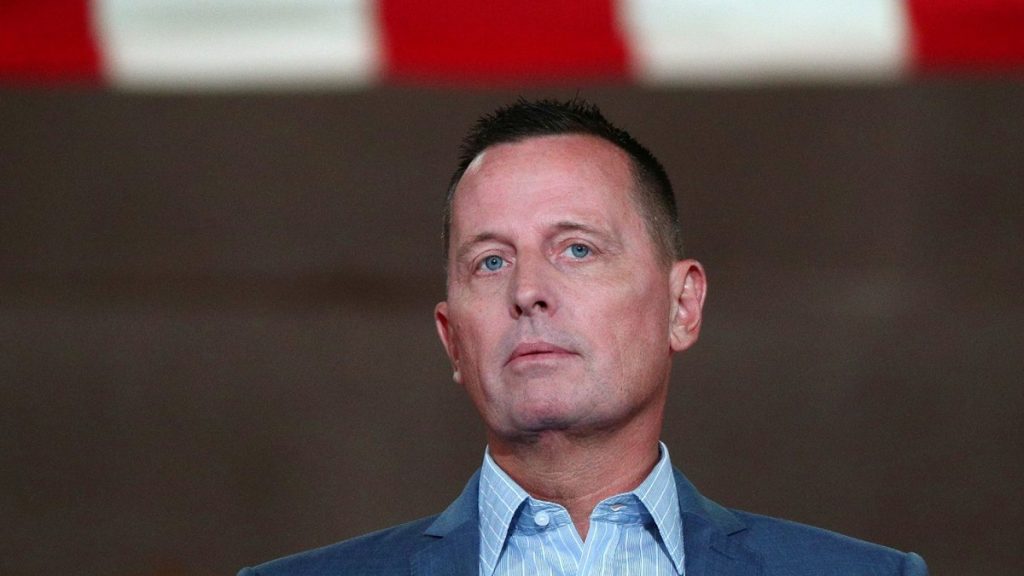
Trump demonstrated his policy towards Venezuela by saying that it was likely that the US would stop buying Venezuelan oil. The visit was harsh and typical of an American businessman style – but unexpected nonetheless.
What can Latin America expect from Donald Trump? It’s hard to guess. One thing is clear: shock politics will change the established architecture of relations between Washington and its backyard. Will this be a victory for the US or create unnecessary tension, only time will tell.
Note that Panama was particularly nervous about his intentions after he made comments suggesting he wanted to take control of the Panama Canal – which remains in state ownership based on an agreement signed with Carter in 1999.
Trump has also managed to exacerbate relations with Gabriel Garcia Marquez’s homeland, Colombia. Following a decision by the State Department to close the visa section at the US embassy in Bogota, President Gustavo Petro announced retaliatory measures. He said that there are currently 15,666 Americans living illegally in the country and will need to legalize their presence soon. The two countries have also exchanged public accusations.
